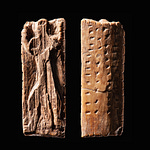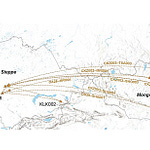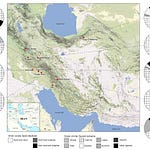The Ice Age world of Europe and western Asia was brutal—temperatures dipped far below freezing, winters stretched endlessly, and resources were unpredictable. Yet for more than 300,000 years, Homo neanderthalensis survived and thrived in these conditions. A new study by Trenton Holliday, published in the American Journal of Human Biology1, argues that their success was no accident. Neanderthals combined three powerful survival strategies—technological, anatomical, and physiological responses—to endure cold in ways that still inform how anthropologists understand human adaptation.











